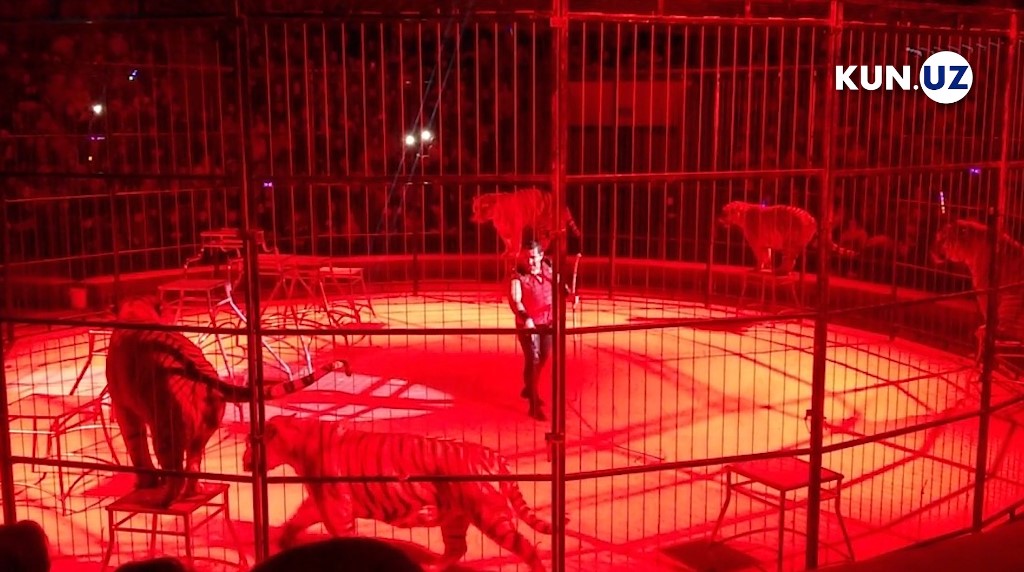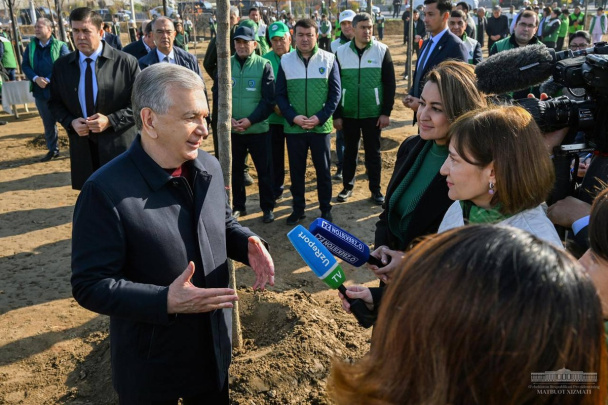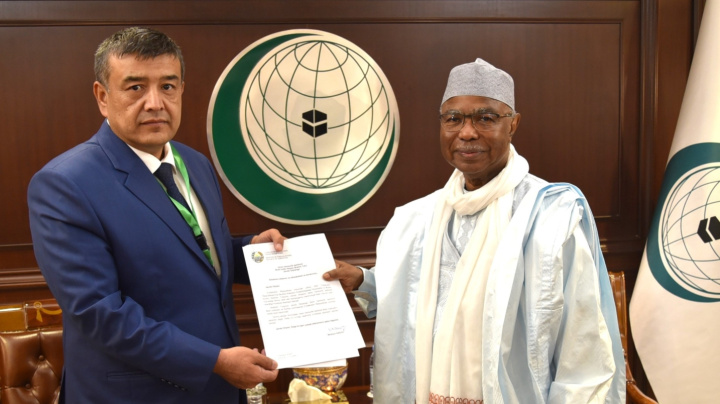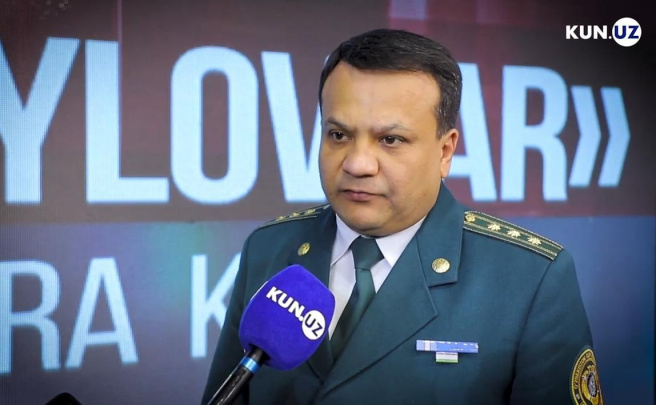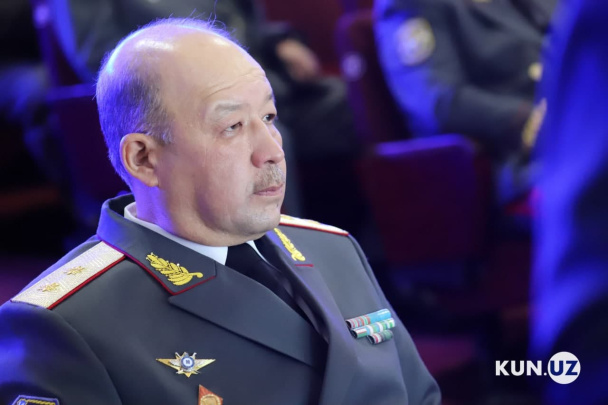Under the Cabinet’s directive, titled “Measures to Improve the Procedure for Keeping Wild Animals,” legal restrictions have been placed on the captivity and semi-free confinement of certain wild animals by private individuals. A comprehensive list has been issued detailing the specific species that are affected. Authorized facilities, such as zoos and breeding centers that meet environmental and safety standards, may continue to house these listed species under the supervision of Uzbekistan’s Ministry of Ecology, Environmental Protection, and Climate Change.
The resolution allows both private individuals and circus companies to transfer wild animals they currently hold, either freely or for a fee, to zoos and breeding centers. Animals indigenous to Uzbekistan will be relocated to suitable natural habitats within the country. Non-native animals may be exported out of Uzbekistan to ensure they are provided with appropriate environments.
The Ministry of Ecology, working in coordination with the Ministry of Internal Affairs, the National Guard, and local governments, has been tasked with ensuring that all wild animals in private hands or in circuses are relocated to approved facilities by January 1, 2026.
This resolution revises an earlier 2019 decree that allowed the Uzbek State Circus to purchase exotic animals like bears, kangaroos, monkeys, and elephants to enhance show quality, utilizing budget funds and the Cultural and Arts Development Foundation. Facilities were even constructed near the Uzbek State Circus for the housing and training of additional animals. However, recent statements from the Minister of Culture, Ozodbek Nazarbekov, indicate a shift in policy. Speaking at a press conference on August 16, Nazarbekov suggested exploring alternative management models, including privatizing the Uzbek State Circus and developing non-animal-based entertainment.
Journalists have voiced concerns regarding the deteriorating condition of the circus facilities and the lack of program variety, prompting discussions about the future of the Uzbek State Circus. According to Nazarbekov, the maintenance costs for unique animals are extremely high, often exceeding the cost of supporting human staff. The financial strain, he noted, has limited the circus’s ability to operate independently, even when scheduling multiple daily shows.
Nazarbekov stated that privatization could foster greater development within the circus, allowing for modernized facilities and potentially innovative performances that do not rely on wild animals.

